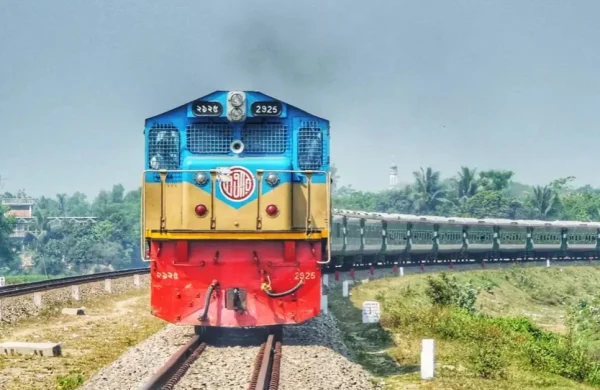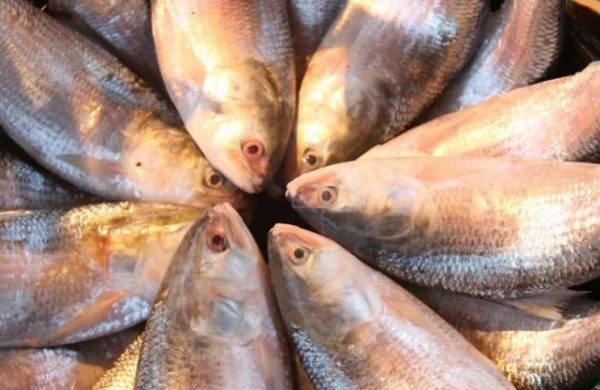VAT hike threatens to ground aviation, tourism
- Update Time : Saturday, January 4, 2025

TDS Desk
Bangladesh’s already struggling civil aviation and tourism sectors are likely to face an existential crisis due to the proposed imposition of additional Value Added Tax (VAT) on airfares and hotel services, industry insiders warn.
Air travel costs are expected to rise as excise duties are set to increase. According to a proposal presented at the advisory council meeting on Wednesday, VAT on restaurants will be tripled, and VAT on non-air-conditioned hotels will be doubled.
Airlines have strongly criticised the decision, stating that it will exacerbate their existing challenges.
“Our business was severely impacted last year due to elections, political unrest, and disruptions. We had been attempting to recover since the start of the tourism season in November. However, the sudden mid-year increase in excise duty has left us directionless, disrupting our efforts to regain stability,” said Md Kamrul Islam, general manager (Public Relations) of US-Bangla Airlines, speaking to this correspondent.
He explained that the additional excise duty would significantly harm their business, deterring passengers from choosing air travel and discouraging investors from continuing to invest in Bangladesh. Airlines are already burdened with taxes, high fuel prices, and service charges paid to the government.
Sources at the National Board of Revenue (NBR) confirmed that excise duty on domestic flights may increase from Tk500 to Tk700. For flights within SAARC countries, the rate may also rise from Tk500 to Tk700. For destinations outside SAARC but within Asia, the duty may increase from Tk2,000 to Tk2,500. For travel to Europe and the United States, the rate may rise from Tk 3,000 to Tk4,000. Consequently, airfares will increase as the additional duty will be incorporated into ticket prices.
Mofizur Rahman, Managing Director of Novoair, described the proposal as misguided.
“Currently, we pay Tk925 as excise duty on an airfare of Tk3,500 to Tk4,000. This means nearly a third of our revenue goes to the government as excise duty. If the new proposal is implemented, this will rise to Tk1,125. It is utterly unreasonable,” he said.
“Previously, we observed that a Tk500 to Tk1,000 increase in airfare led to a 20% to 25% drop in passenger numbers. We shared a study with the NBR showing that making air travel more affordable increases passenger numbers, thereby generating more revenue for the government,” he added.
Restaurant, hotel, and resort owners have also protested against the proposed VAT increases. Currently, VAT is charged at 5% on food bills in air-conditioned restaurants. The interim government has decided to raise this rate to 15%.
“Restaurant owners are deeply concerned. A sudden threefold increase in VAT will have a devastating impact on businesses. Income tax will also rise alongside VAT, further burdening those who comply with all regulations. In reality, it appears that these measures, influenced by the International Monetary Fund (IMF), are designed to push traders into hardship,” said Imran Hossain, secretary general of the Bangladesh Restaurant Owners Association.
He warned that they would organise protests if the government does not reconsider its decision. President of the Tourism Resort Industries Association of Bangladesh Khabir Uddin Ahmed stated that hotel and resort investors had urged the NBR to reduce VAT to aid survival. However, instead of offering relief, the NBR is moving in the opposite direction.
Tour Operators Association of Bangladesh President Md Rafeuzzaman criticised the government’s continued indifference to the tourism sector.
“We will lag behind neighbouring countries like India, Nepal, Sri Lanka, the Maldives, Thailand, Indonesia, and Malaysia. If our package prices increase, foreign tourists will naturally choose alternative destinations,” he told this correspondent.
He emphasised that a thriving tourism industry boosts a country’s overall development. Many nations subsidise tourism to capitalise on the associated economic opportunities, but Bangladeshi policymakers fail to recognise its potential.
“In the last budget, additional VAT was imposed on tour operator services. Furthermore, visiting destinations like Saint Martin’s Island and the hill districts of Bandarban, Rangamati, and Khagrachari has become increasingly difficult. This latest VAT increase will create significant obstacles for the tourism sector,” he added.
Aviation and tourism expert Kazi Wahidul Alam described the proposed VAT and excise duty increases as a severe blow to already struggling industries.
“Airfares for passengers and cargo services in neighbouring countries are significantly lower than in Bangladesh. Consequently, many individuals book tickets from those countries for personal travel and transport their goods there for export, saving money. Unfortunately, it seems the government is unaware of this trend,” he told this correspondent.
Reflecting on the closure of eight to nine private airlines, including GMG, Air Parabat, Regent, and United, over the past 27 years, Alam urged the government to reassess its tax policies to support private airlines.
Wahidul Alam, also the editor of Bangladesh Monitor, warned that the additional VAT would hinder tourism development. The resultant increase in airfares and hotel-restaurant costs would deter holidaymakers from exploring Bangladesh.















